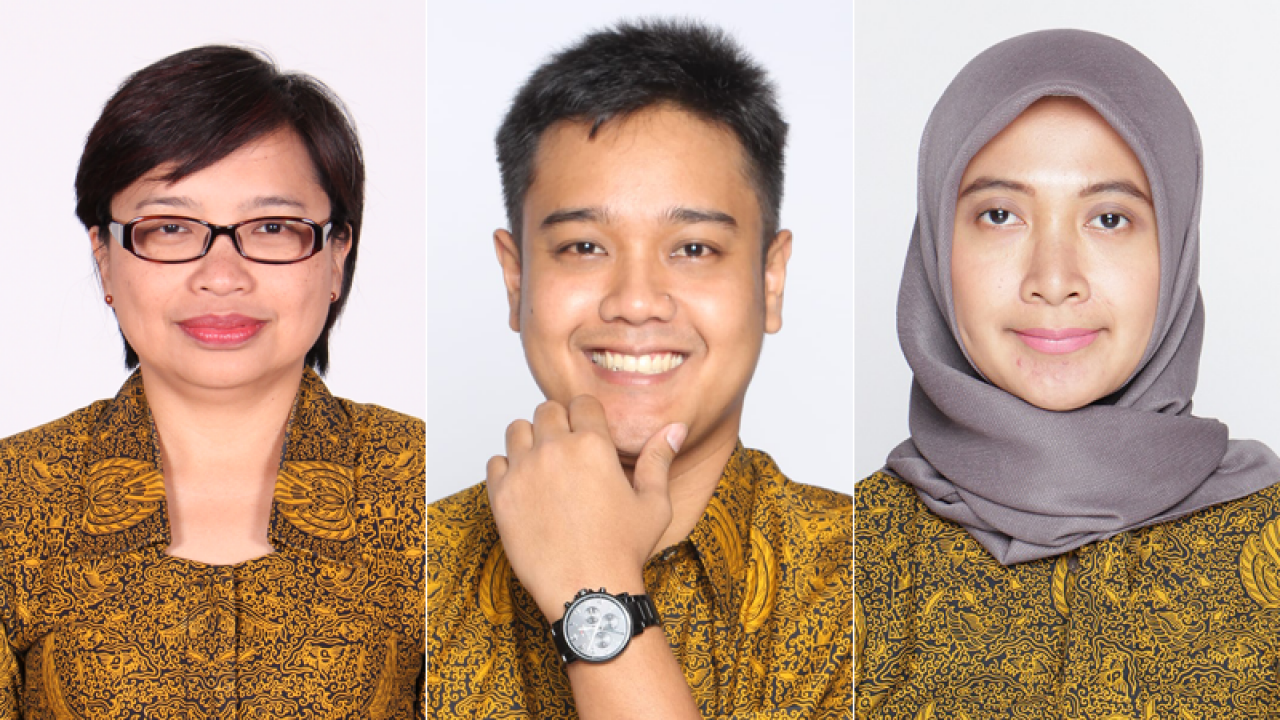August 24, 2021
Research in Progress: ‘Who cares?’ Questioning the ethic of care in disaster crisis communication

By. Gregoria A. Yudarwati, Meganusa P. Ludvianto and Ina N. Ratriyana, Universitas Atma Jaya Yogyakarta, Indonesia
Ethic of care is a novel yet less-preferred concept in addressing crisis communication and PR practices. Developed by Gilligan, the concept contends that organizations’ crisis communication attempts should integrate more care in mind rather than merely prioritizing compliance to established rules, namely ethics of rule.
We are not to argue that adhering to rules is wrong – it yields organizational benefits nevertheless. However, we would like to elaborate previous research that argued that integrating ethics of care will enable an organization to remain safe especially during the challenging times throughout a crisis cycle. Furthermore, this principle can be implemented via the Applied Model of Care Consideration (AMCC) framework, which greatly helps organization in designing a more empathetic crisis communication strategy.
The AMCC framework is proposed as a global approach, yet we found it to be challenging to observe phenomena occurring in places where cultural values are (expected to be) embedded in any organizational activities. While we agree to the most of the proposed concept, we identified a strong Western nuance as it positioned culture as one of the objects of care. Western lens tends to dismiss the influence of religion and culture in driving the community actions, social structure, relationship patterns, power dynamic and preferred communication model, to name a few.
Meanwhile, in the Eastern culture, most of these aspects may be affected by the predominant culture and religious belief; something that organizations ought to consider before extending any approach of care. Mounting to the debate, we offer an alternative approach in understanding ethics of care by introducing an Indonesian perspective, which is heavily influenced by multiculturalism and diversity.
We contend that the concept of ethics of care needs to acknowledge multiculturalism as a context surrounding where care can be applied, instead of locating culture as an object of care. The Indonesian community highly regard religion and culture into most aspects of their daily lives. They are characterized by collectivism and have values that emphasize group interests, harmony, and togetherness.
In public relations practices, this norm may become a challenge as the organization will need to approach the community carefully, even when extending care. When engaging with this type of community, we argue that organization should not treat their cultural beliefs as an object of care, but rather considering it as a context that shapes the planned communication attempt.
Using a case study of disaster management in Bali, Indonesia, this study aims to understand ethics of care in crisis communication from the actors’ perspectives and to examine how the context shapes the process. Bali is a disaster-prone island, yet its community members are able to live harmoniously amidst such situation by observing their cultural values. They are known for strongly weaving their cultural and religious values into most aspects of their lives.
The Balinese philosophy of Tri Hita Karana (Three Causes of Welfare) is an essential moral guideline for the community, which commands that happiness can only be achieved when humans are living in balance and harmony. The Balinese believe that this objective can be sought by maintaining a balanced relationship between man and deities, their environment, and among humans themselves. This philosophy provides a rich contextual background for our study.
As this study proposes a public-centered approach of crisis communication, the main subjects of this study are the Balinese people who live in areas with higher disaster vulnerability. This study employs the deliberative method, which resonates with the collective culture of the Balinese.
Appreciative inquiry is chosen as a technique to discover the best experiences and the most appropriate way in conducting crisis communication ethically. Finally, we will develop a novel take in addressing ethics of care, and propose a flexibility in moral reasoning rather than rigid compliance to a set of abstract and standardized provisions.
For further information on this study, please find Gregoria at arum.yudarwati@uajy.ac.id, Meganusa at meganusa.ludvianto@uajy.ac.id, and Ina at ina.ratriyana@uajy.ac.id. This project is supported by a 2021 Page/Johnson Legacy Scholar Grant from the Arthur W. Page Center.
